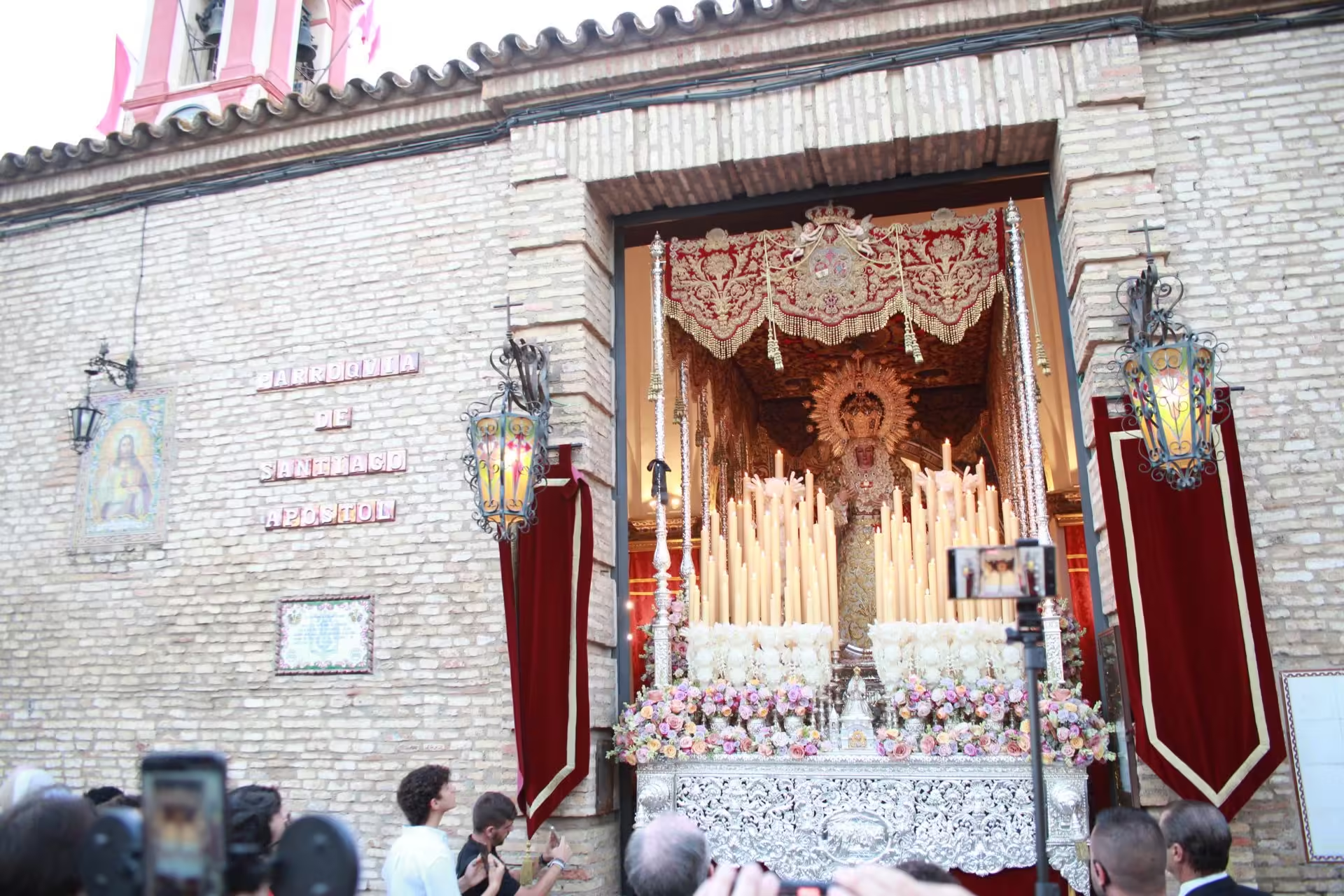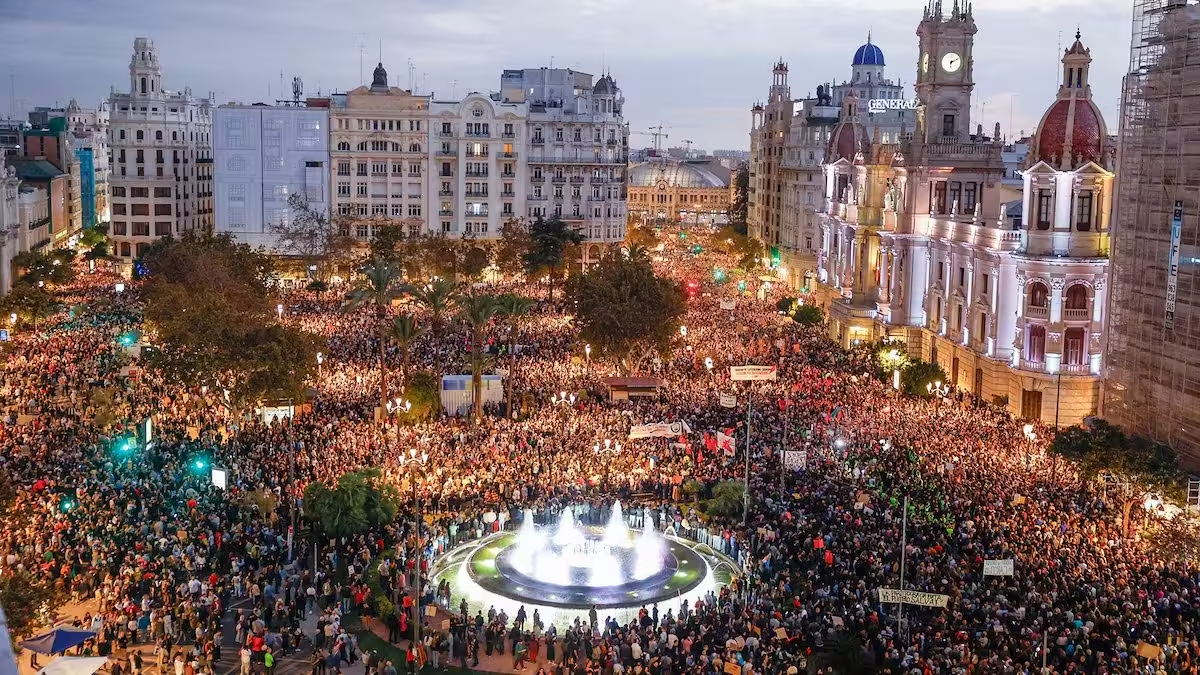The 15th of August: Spain’s National Holiday Explained
The 15th of August is one of the most significant public holidays in Spain, celebrated nationwide and deeply rooted in the country’s history and culture. Officially called the Feast of the Assumption of the Virgin Mary, it is a day when towns and cities across Spain pause their usual routines to mark a centuries-old tradition. Whether you are in a busy city, a coastal village, or a rural inland town, you will notice a change in the pace of life on this day.
Why It Is a Bank Holiday
The day commemorates the Catholic belief that the Virgin Mary was taken up into heaven, body and soul, at the end of her earthly life. This event, known as the Assumption, is a central part of Catholic tradition. Spain’s strong historical connection to Catholicism made it natural for the date to become a public holiday. The observance is written into Spain’s national calendar, meaning every autonomous community recognises it.
How It Is Celebrated
Celebrations differ across the country, but religious processions are the most common feature. In these, a statue of the Virgin Mary is carried through the streets, often decorated with fresh flowers and accompanied by church bells, music, and crowds of people.
In coastal towns, processions sometimes move to the waterfront, where priests bless fishing boats to ensure safety and good catches. In rural areas, the day often includes local fairs with traditional dancing, folk music, and markets selling regional products. Many municipalities organise fireworks displays, outdoor concerts, and communal meals that last late into the night.
For some, the 15th of August is also part of their local summer festival, meaning the celebrations extend over several days with parades, sporting events, and funfair rides.
A Bit of History
The Assumption feast has been observed in Spain since the early Middle Ages, following its establishment by the Catholic Church. Over time, it became not just a religious occasion but also a community gathering point. In many areas, pre-Christian harvest celebrations blended with the Assumption feast, giving the day both spiritual and seasonal significance. This is why in some towns the events have agricultural themes, marking the summer harvest alongside the religious procession.
Procesión extraordinaria de la Virgen de la Soledad Coronada de Castilleja de la Cuesta por el 75 aniversario del Dogma de la Asunción con la Banda de Música de Santa Ana @HdadSantiago @bmsantaana #sevilla #cofrade #cofradias #tdscofrade pic.twitter.com/vvgamsApqr
— Jose Este Cofrade (@Jose_Este_Cofr_) August 14, 2025
Where It Is Celebrated
Because it is a national holiday, you will find celebrations everywhere in Spain. Major cities like Madrid, Sevilla, and Barcelona host large church services and cultural events that attract visitors from other regions. Smaller towns may offer a more intimate experience, with locals decorating streets, balconies, and town squares in honour of the Virgin.
Some towns are particularly famous for their Assumption celebrations. For example:
- Elche, Alicante – hosts the Misteri d’Elx (Mystery Play of Elche), a UNESCO-recognised medieval drama telling the story of the Virgin Mary’s death, Assumption, and coronation in heaven.
- Guarromán, Jaén – known for its traditional flamenco performances on the day.
- Coastal villages in Galicia and Asturias – combine the religious procession with maritime blessings.
Shops and Businesses on the 15th of August
As it is a public holiday, most banks, post offices, and government buildings are closed. Small family-run shops typically shut for the whole day, and even supermarkets in non-tourist areas may remain closed. Large shopping centres in major cities and tourist destinations sometimes open, though usually with reduced hours.
Bars, restaurants, and cafes in busy areas are often open, especially if linked to the celebrations, but in smaller towns it’s common for them to close so owners and staff can take part in the festivities. Public transport usually runs on a reduced timetable, so it’s worth checking schedules in advance if you plan to travel.
Share this content:




1 comment